Medical Center

Endocrinology
Endocrinology is the medical speciality responsible for the diagnosis and treatment of problems and diseases arising from the glands and their hormones, metabolic and nutritional disorders.
Featured treatments

Treatments of the pituitary gland
The pituitary gland, which is located at the base of the brain, controls many body functions and is divided into two parts: the adenohypophysis and the neurohypophysis.
The adenohypophysis can develop adenomas, which are benign tumours that can be either non-functioning (not releasing hormones) or functioning (releasing some of the hormones generated in the gland). The most common functioning lesions include:
- Prolactinomas: produce prolactin in excess, which can affect fertility, among other things.
- Tumours that release excess ACTH (adrenocorticotropic hormone): these are the cause of Cushing's syndrome.
- Tumours that release excess growth hormone: these are responsible for acromegaly.
- Other damage caused by various reasons, such as bleeding or infections, resulting in a deficit of one or more hormones (hypopituitarism).
The neurohypophysis generates antidiuretic hormones and its alteration can cause:
- Hydroelectrolytic disorders.
- Hypophysitis: this inflammatory disease occurs in rare cases.
- Empty sella syndrome: the bony cavity that houses the pituitary gland is partially occupied by the pituitary gland (partially empty) or has no pituitary tissue visible (completely empty). Both situations require the examination of all hormones in the gland as it may be associated with a hormone deficiency.
- Thyroid treatments: the thyroid is a gland located in the neck that regulates metabolism. Thyroid disorders cover a wide spectrum, ranging from hypofunction (secretion of too few hormones, known as hypothyroidism) to hyperfunction (excess hormones or hyperthyroidism), not to mention structural disorders such as nodules, which are solid lesions that can be benign or malignant (thyroid cancer).
Thyroid ultrasound and fine needle aspiration (FNA) are tests used to diagnose these conditions.

Parathyroid treatment
The parathyroid glands regulate calcium and phosphorus in the body. They can develop hyperparathyroidism, which is the overproduction of parathyroid hormone, or hypoparathyroidism, underproduction of parathyroid hormone that affects phosphocalcic balance.

Treatment of diabetes
There are several types of diabetes, including type 1 (autoimmune), type 2 (associated with insulin resistance), LADA (latent autoimmune diabetes in adults), gestational diabetes (occurring during pregnancy) and corticosteroid diabetes (caused by corticosteroid drugs). Each type has its own characteristics and treatments.
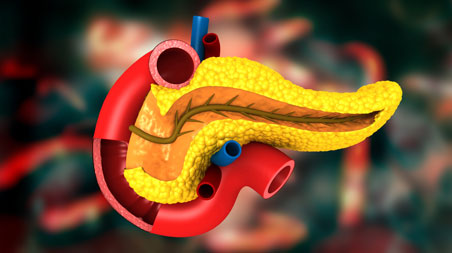
Treatment of gastroenteropancreatic neuroendocrine tumours
These tumours originate in the endocrine system of the gastrointestinal tract and pancreas. Examples of these tumours include insulinoma, which produces too much insulin, and gastrinoma, which produces too much gastrin.
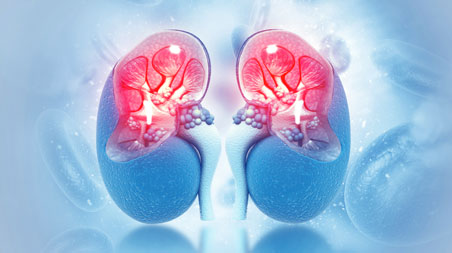
Treatment for adrenal glands
The adrenal glands can develop either non-functioning adenomas, benign tumours that do not release hormones, or functioning ones, i.e. that release too much hormone. These alterations lead to conditions such as:
- Pheochromocytoma: a tumour that produces excess catecholamines or metanephrines.
- Cushing syndrome: excess glucocorticoid hormones.
- Hyperaldosteronism: excess aldosterone.
- Hyperandrogenism: excess sex hormones, in this case of adrenal origin.
- Adrenal insufficiency: inability to produce sufficient adrenal hormones due to damage or alteration of the gland, which can have various origins.
- Congenital adrenal hyperplasia: a genetic disorder.
- Adrenocortical carcinoma: a type of cancer.
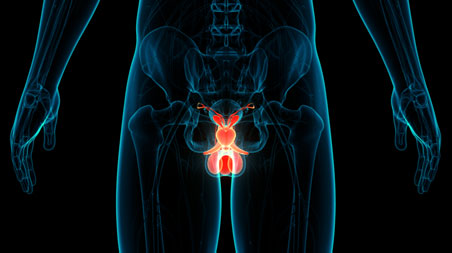
Treatment of gonads
The gonads, which include the testicles and ovaries, can be the source of functional or structural problems leading to conditions such as precocious or delayed puberty, infertility, hypogonadism (insufficient production of sex hormones), hyperandrogenism (excess sex hormones) and gynaecomastia (abnormal growth of the mammary glands in men).

Treatment of multiple endocrine neoplasia (MEN)
MEN syndromes are inherited disorders that affect multiple endocrine glands. Some of the most prominent are MEN1, MEN2A and MEN2B, which can lead to tumours in the pituitary gland, thyroid, parathyroid and other organs.
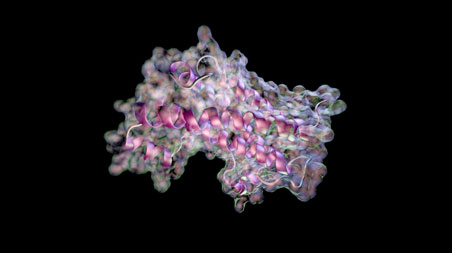
Treatment of autoimmune polyglandular syndromes (APS)
These are autoimmune disorders that affect multiple endocrine glands, such as the thyroid, parathyroid and adrenal glands.
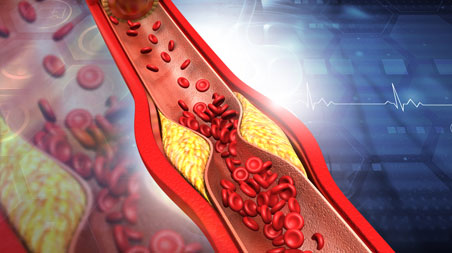
Treatment of hypercholesterolaemia and hypertriglyceridaemia
These conditions involve elevated levels of cholesterol and triglycerides in the blood, which increase the risk of cardiovascular disease.



